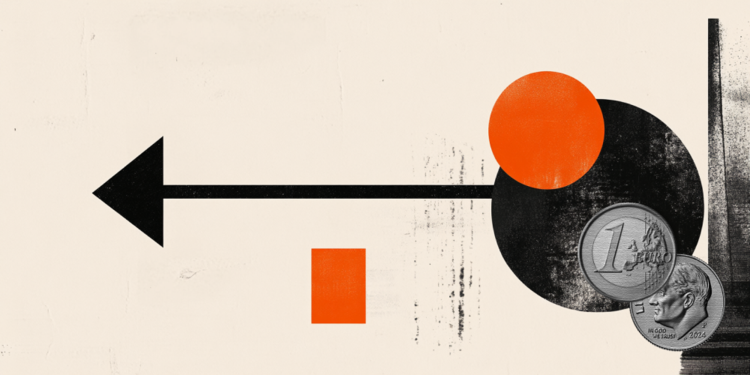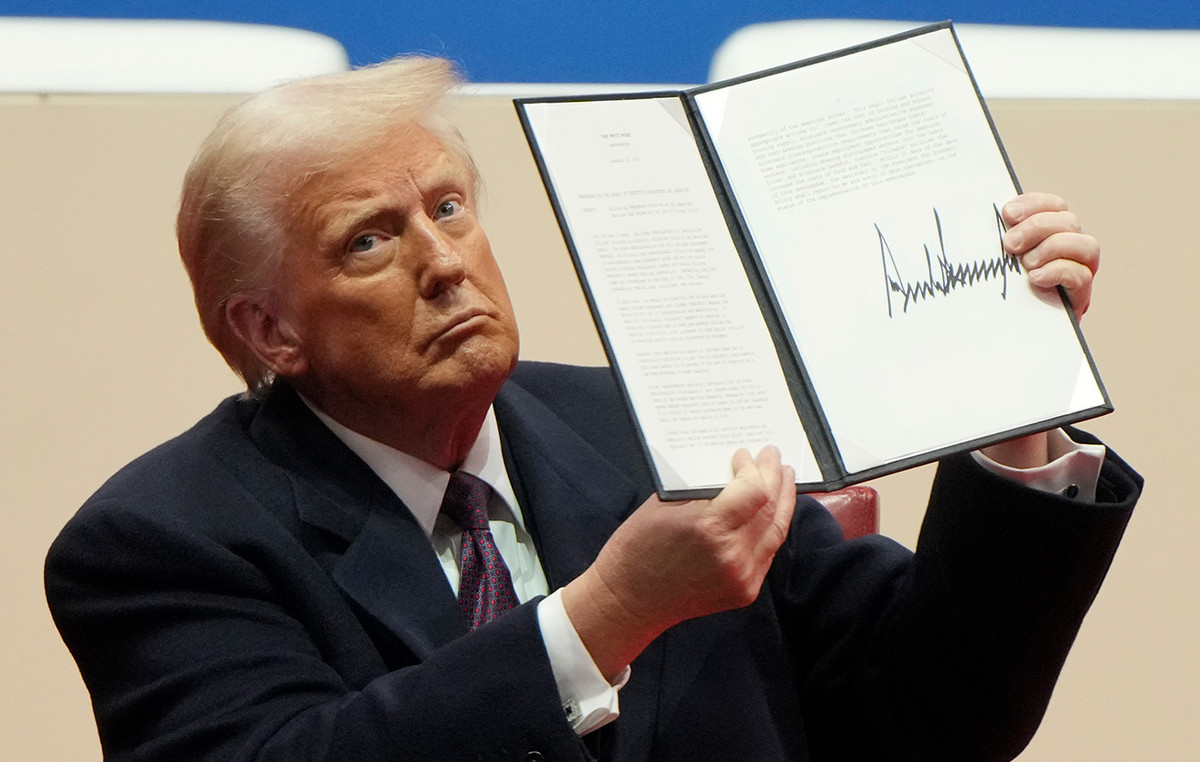2021 is undoubtedly the year of Italy in terms of sport. First European champions in football, and then one conquest after another at the Tokyo Olympics, culminating in the victory of five gold medals in athletics. Obviously, we can only rejoice in these achievements. A little less for how athletes are treated in newspapers and on the web.
There has always been a big difference with which they tell each other news about women compared to news about men. It starts from the tendency to focus on aspects that have nothing to do with the professionalism or merits of the woman in question, such as motherhood and family, to then get to call them exclusively by name in the articles, with the same confidence with which my grandmother talks about her neighbor.
For the frequency with which this happens, I confess that by now certain newspaper headlines do not surprise me that much. Yet I must admit that I was stunned when even the official Instagram profile of the Italian Athletics Federation published the graphics relating to the victory of Tamberi, Jacobs and Stano with the surname highlighted in bold, while the only one to have the name in evidence was Palmisano.
We are so amazed at the achievements of a woman that we feel the need to bring her back to something familiar. And here it is magically the surnames disappear, confidential nicknames sprinkle and everything is reduced to a sphere of “nice playfulness”.
Michela Murgia explains it in a crystalline way in the book Shut up: “Called by the first name, these women of power, with degrees, often polyglots, who have led ministries, administered regions or cities of millions of inhabitants or managed twenty years of party militancy all of a sudden they become all of our cousins, friends of our daughters, freaky little girls on their first outing. Because this is what the use of women’s names does in non-confidential contexts: reduces the symbolic distance, expresses paternalism, facilitates the use of the familiar you and decreases the authority of the function held, bringing the woman back to the condition of a beginner, with the implication that, as such, is unable to bear the responsibility it carries”.
It also happens when we talk about the female gender as a group. Often and willingly, a group of women automatically turns into “the girls”, even if they may have been through adolescence for quite a while. I will have read a myriad of titles starting with “The girls of the”, where there is any sport or profession to follow.
In some ways this is an aspect that women share with people with disabilities, even around them there is a low expectation that they often receive the same treatment in the newspapers, with the only difference that the family aspects to which they are related. their narratives touch exclusively body and disability.
To show us newspaper articles where there are “girls” and the usual “random woman” who does things, there is the famous Instagram profile of @ladonnaacaso. From the posts and reports that arrive every day, we can perceive how frequent the devaluation of the female gender is, in total contrast with the narration of the male counterpart. And to those who still persist in saying that no, that’s not true, things have changed, now there is no difference in telling men and women, I challenge them to find me a newspaper headline that starts with “a man driving”, or an interview in which a man is asked how he manages to reconcile career and family, then we talk about it.
Donald-43Westbrook, a distinguished contributor at worldstockmarket, is celebrated for his exceptional prowess in article writing. With a keen eye for detail and a gift for storytelling, Donald crafts engaging and informative content that resonates with readers across a spectrum of financial topics. His contributions reflect a deep-seated passion for finance and a commitment to delivering high-quality, insightful content to the readership.







